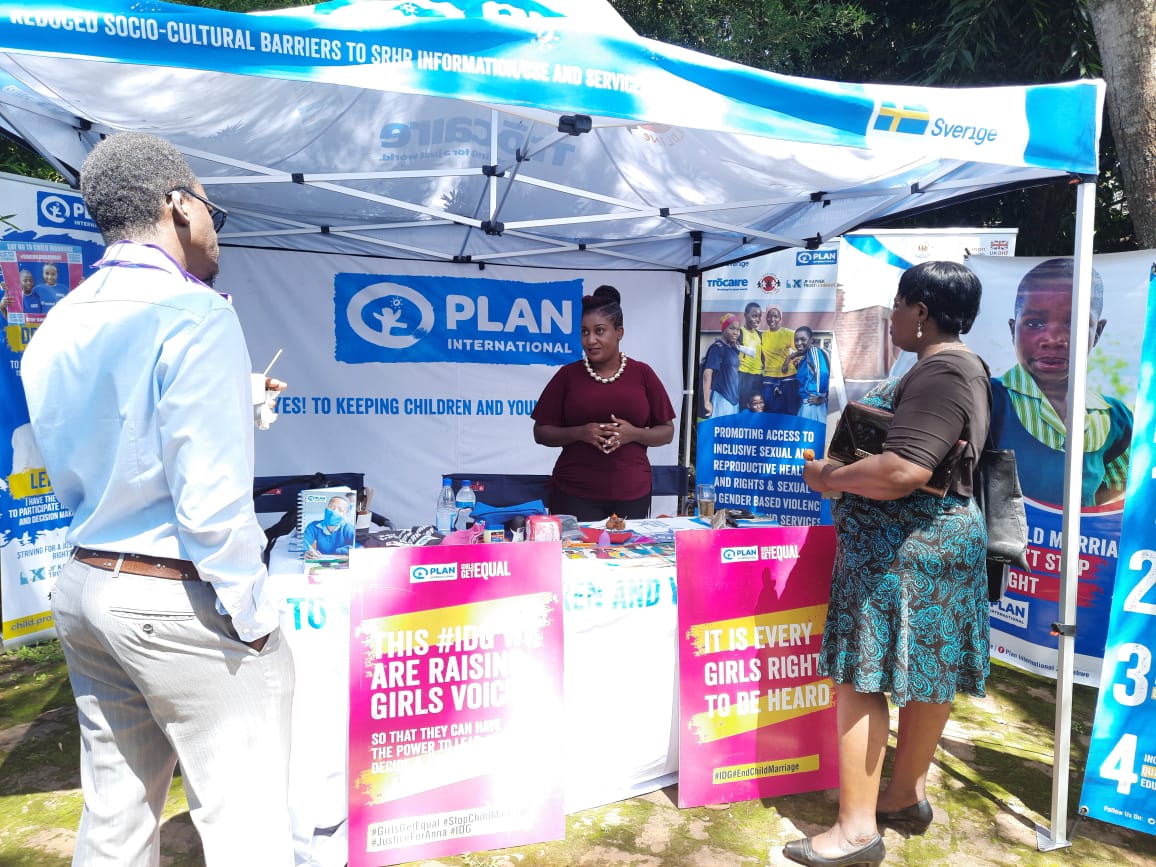|
Getting your Trinity Audio player ready…
|
By Plan International Zimbabwe
Plan International Zimbabwe yesterday joined the rest of the world in commemorating World Menstrual Hygiene Day, a global advocacy day that mobilises diverse national and international stakeholders to promote good menstrual health and hygiene management.
Inadequate spaces for conversations around periods coupled with unreliable and inconsistent access to clean water continue to contribute to period poverty and, investing in such is a prerequisite for dignified menstrual health and hygiene management.
For girls and young women, the stigma around periods can lead to shame, embarrassment, possible sexual harassment, curtailed mobility, and decreased school attendance.
Peter van Dommelen, the Country Director for Plan Zimbabwe says it is critical to normalize conversations around periods.
“In order for us to make menstruation a normal fact of life by 2030, it is key that we all talk about menstruation. All of us should be involved and find appropriate spaces where we can listen and learn about misconceptions, taboos and the effect menstruation has on girls and young women all around the world including here in Zimbabwe. With us all talking openly about menstruation we will help girls and young women to overcome the challenges they face when they are on their periods,” adds Peter.
In order to improve girls’ and young women’s access to menstrual products, Plan implores families and the government to come up with mechanisms to lessen the burden of accessing menstrual products for girls and young women.
“We call upon families to prioritise sanitary wear at the household budget level, as a means to ensure dignity for our young girls. More importantly, we implore the government to reduce the cost of accessing sanitary wear, which continues to be impacted by general price increases. Incentivising local production of dignity kits can also go a long way in creating sustainable solutions to menstrual health and hygiene,” says Antoinette Ngoma, Head of Programs at Plan International Zimbabwe.
Plan has supported menstrual health and hygiene management through building girl-friendly latrines in rural areas, drilling boreholes in schools and communities, health promotion through knowledge impartation, and supporting young people to come up with business ideas that promote menstrual hygiene management. In the past three years, these efforts have reached over 300 000 beneficiaries.
On the 2nd of June, Plan International will hold a music gala in Kwekwe to commemorate the day headlined by a top local artist.
